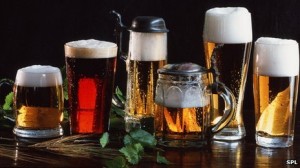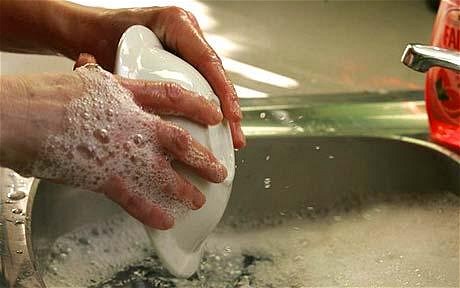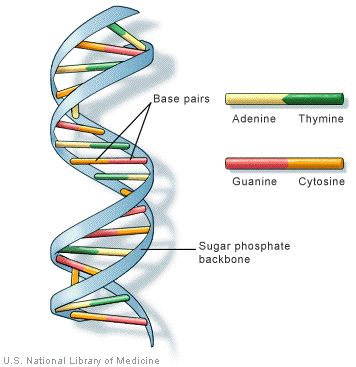
Accompanying the inevitable hangover, this is an all too common question following an evening, or morning, I’m not here to judge, of alcohol-infused merriment. At face value this question could be in response to any number of mysteries: where is my wallet? Why does my face hurt? Who is that and why are they wearing my dressing gown? However, from a scientific point of view, I think this is an extremely interesting question.
So why does drinking alcohol boost confidence and give you that warm fuzzy feeling? Why are your inhibitions lowered? Why does your bladder suddenly seem to shrink to the size of a walnut? and why, the next day, does it feel like someone ran a bulldozer through your brain?

